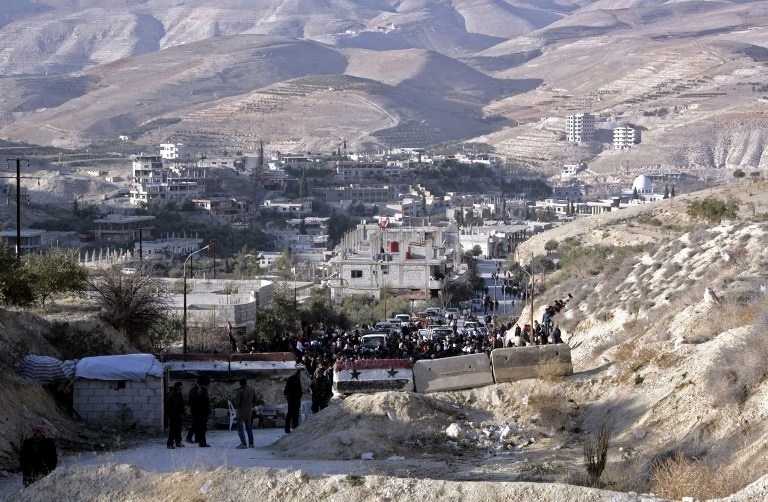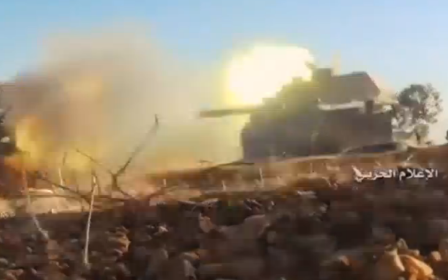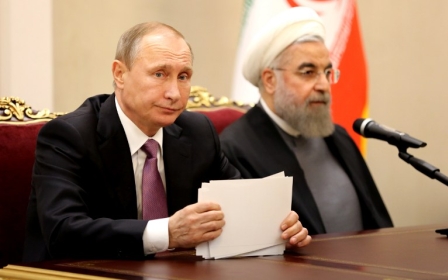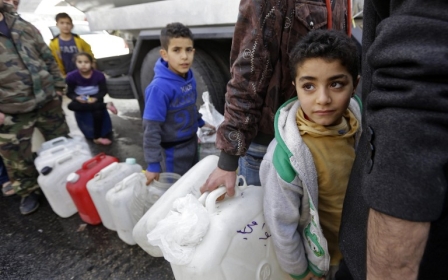Government shelling near Damascus kills seven civilians, says monitor

Government bombardment of a flashpoint region near Syria's capital on Sunday killed seven civilians, a monitor said, in the deadliest attack there since a nationwide truce came into force.
The Syrian Observatory for Human Rights said government forces shelled Deir Qanun, a village in the Wadi Barada region, which is the main source of water for Damascus.
"This is the highest toll there since the beginning of the truce" on 30 December, Observatory head Rami Abdel Rahman told AFP.
At least 20 other people were wounded in the attack, some critically.
Activists from the Wadi Barada Media Committee said on Twitter that the shells struck a temporary shelter where displaced women and children had been seeking refuge.
Heavy clashes between government and rebel forces have rocked Wadi Barada since overnight Saturday, after the official who negotiated a deal to restore water to Damascus was killed.
Ahmed al-Ghadban had been on his way to the main Ain al-Fijeh spring with government maintenance teams when he was killed.
Opposition fighters and government officials accused each other of killing the retired army officer, who had only assumed his duties on Saturday.
Under the agreement, Ghadban was to oversee teams working to repair the infrastructure that supplies the capital with water in exchange for a cessation of hostilities and the withdrawal of rebel fighters willing to do so.
Some 5.5 million in Damascus and its suburbs have been without water since 22 December.
Fighting has persisted in Wadi Barada since the entry into force on 30 December of the ceasefire brokered by Russia and Turkey.
The ceasefire and planned talks are the latest effort to negotiate an end to a conflict that has killed more than 310,000 people since it began with anti-government protests in March 2011.
New MEE newsletter: Jerusalem Dispatch
Sign up to get the latest insights and analysis on Israel-Palestine, alongside Turkey Unpacked and other MEE newsletters
Middle East Eye delivers independent and unrivalled coverage and analysis of the Middle East, North Africa and beyond. To learn more about republishing this content and the associated fees, please fill out this form. More about MEE can be found here.




